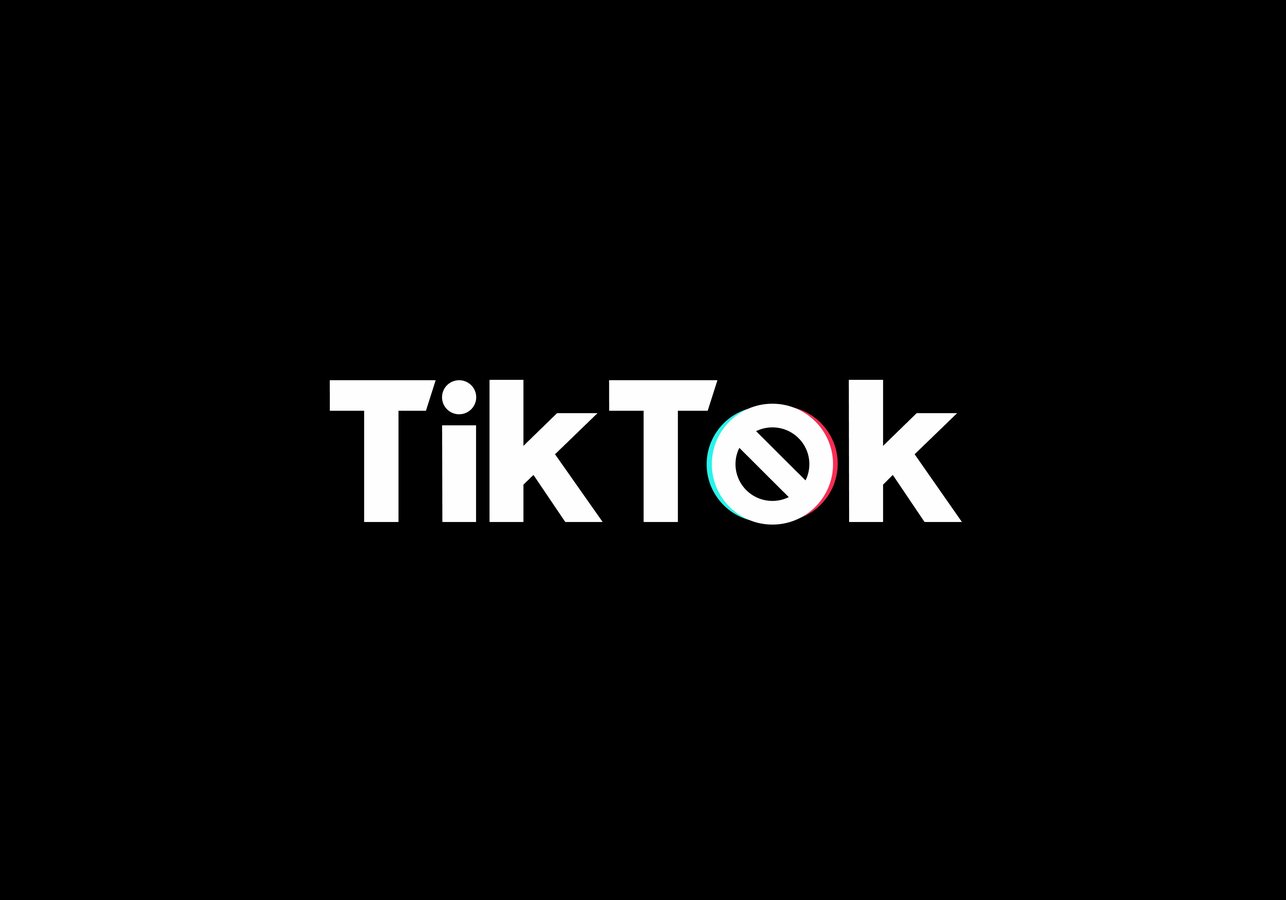Building an Influencer Marketing Strategy That Works
Discover the steps of an effective influencer marketing strategy and how it can boost brand visibility, credibility, and ROI.

At some point in our lives, there’s probably been a trusted person who influenced our viewpoint on a certain subject, given sound advice, or helped us make an important decision. Maybe it was a teacher, a good friend, a peer, or even a celebrity.
In business as in life, persuasion is powerful.
Last year, the influencer market in the U.S. was valued at $16.4 billion. That was a record number, yet it’s predicted to grow in 2023. Today, developing an influencer marketing strategy is integral for brands to connect with a wider audience, increase awareness, build trust, attract new customers, and ultimately drive sales.
What is an Influencer Marketing Strategy?
Influencer marketing enables collaboration with a person (with a following) on social platforms such as Instagram, TikTok, or YouTube to promote your brand. An influencer marketing strategy leverages a digital creator who has ‘influence’ on a specific industry or audience. By developing a focused strategy, you can partner with these individuals to effectively spread the word about your brand, products, and services.
Benefits of an Influencer Marketing Strategy
Influencer marketing has the ability to reach new audiences by creating engaging and interactive content that can help to boost online conversions. Other major benefits include:
- Builds trust and authenticity with the influencer’s fans
- Boosts awareness by sharing your brand story
- Allows you to reach audience members already interested in your product or service
- It’s cost effective
- Improves ROI
Steps to an Effective Influencer Marketing Strategy
Let’s discuss seven steps that’ll help you create and implement a winning influencer marketing strategy.
1. Define your goals and budget
What is the overall purpose of your influencer marketing campaign? Is it to reach new target customers, promote a contest, or increase product consideration? Think about how your influencer marketing plan will fit into your broader social media marketing strategy and create measurable goals you can report and track. Also, how much of your budget should go to influencer marketing? Last year, 39% of marketers invested 10 to 20 percent of their marketing budget into influencer marketing. By defining the goal of your strategy, you can then determine the steps needed to reach it.
2. Identify your audience
It’s important to define your audience for an influencer marketing campaign. Start by grouping consumers by demographics, psychographics, buyer lifecycle stage, or preferred social media channel. Developing personas is a great way to learn about the audience you intend to reach. Audience personas will also help you understand the qualities you’re looking for in a potential influencer.
3. Choose a campaign type and messaging
Now that you’ve identified your target audience, you need to determine what type of campaigns you want to run. Typical influencer campaign examples include:
- Guest posting
- Sponsored content
- Contests or giveaways
- Promo codes
- Mentions
- Takeovers
- Affiliates
When it comes to messaging, remember to keep content (and tone) conversational and authentic. The whole point is to get influencers and audiences to engage with your brand. You want to make sure that each influencer post aligns with your company’s voice and values.
4. Find your brand influencers
Probably the most challenging step is finding the right influencer to promote your business. This person needs to understand and connect with your audience, your brand, and your content. From bloggers to industry experts to celebrities, there are many options out there. But which one is right for your brand? Trust is the key! For an influencer campaign to be successful, your audience must respect the opinions of your partner.
To help qualify an influencer, ask yourself:
- Does his or her personality fit your brand?
- Does the influencer post relevant content?
- Has this influencer worked with like-minded brands before?
- Does this person have a good engagement rate?
5. Manage your campaign
Managing campaign details is an essential part of your strategy. You can interact with influencers directly or you can use influencer marketing platforms such as Grin.
It’s important to not look at influencers as employees, but to recognize them as brand ambassadors helping you build your tribe. Here are a few tips to help manage your relationship with an influencer:
- Develop a smooth onboarding process and ensure each influencer understands your expectations
- Ask influencers how they typically work with brands, including compensation rates
- Collaborate with your influencers to make sure content comes across as authentic
6. Track your success
It’s essential to monitor campaign performance so you can evaluate whether to keep working with the same influencers or change your strategy. First, it’s important to determine if your campaign has reached its goals.
Here are a few KPIs to help you measure success:
- Brand awareness: website traffic, social mentions, and quality of links
- Audience building: social followers
- Engagement: likes, comments, and shares
- Sales: leads, new sales, and overall ROI
UTM parameters are also a reliable way to track traffic online. These parameters work with analytics programs to give you a detailed picture of your social media results.
Now you can use the findings to evaluate what worked and what didn’t to optimize future campaigns.
Grow Your Brand with Influencer Marketing
Interested in starting your own influencer marketing program? Cuker can help. We develop comprehensive influencer campaigns that expand reach and spread brand awareness within targeted online communities. Together, we’ll leverage the power of social influencers to help grow your brand.





